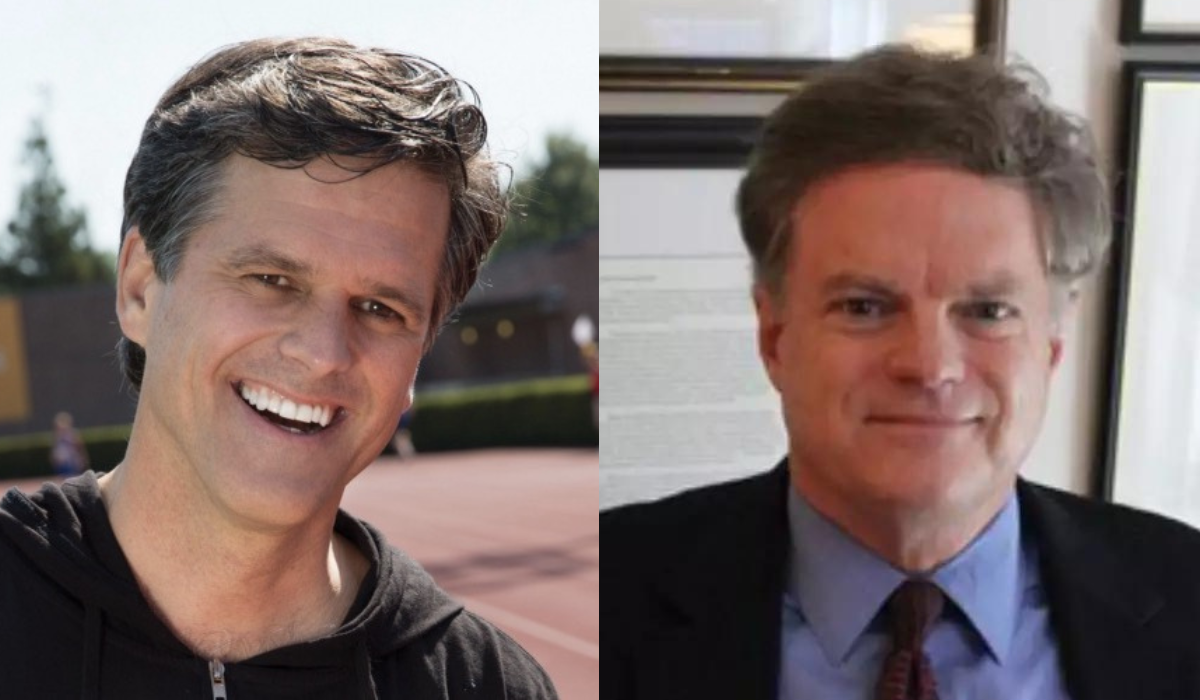Timothy P. Shriver and John M. Bridgeland Champion Social-Emotional Learning as Key to Student Mental Health
Across our country, concern about the mental health of our children coming out of the pandemic has skyrocketed in the last year. Rates of depression and anxiety are at all-time highs. Young people are struggling to adapt to the routines of school, develop and manage relationships, and avoid the risks of drugs, alcohol, and violence. The mental health of adults isn’t much better. The U.S. Surgeon General talks about “an epidemic of loneliness.” In virtually every community, parents, teachers, and caregivers are sounding a painful alarm: we need help.
Mental health treatment can’t come fast enough. And we need a massive new investment in the training and support of treatment professionals. But not everyone—in fact most people—can or will access treatment. They’ll need a different solution: schools and communities that develop and reinforce the skills, attitudes and beliefs that help us all develop positively and prevent the most serious mental health problems.
Happily, there’s a lot of evidence that we can do just that—particularly in schools. There are skills that help all children solve problems and prevent violence, and we can teach them. There are skills that help all children manage stress and seek help when they need it, and we can teach them. There are strategies that can help all adults promote stronger relationships, create safe classrooms, and improve children’s sense of purpose. All of these can be implemented in American schools in the form of “social and emotional learning” and can form the foundation of adult training, curriculum development, and school and community partnerships. And we know they work.
Sadly, a small political faction seems determined to make things worse. Despite the fact that nearly 80 percent of parents want more support for social and emotional learning, a loud and vocal minority of parents are trying to demonize it. Despite the fact that 86 percent of teachers and 83 percent of administrators want more time and training for social and emotional learning, a loud and vocal community of policy makers want to demonize it. And despite the fact that 81 percent of students from strong SEL schools reported being engaged in learning, compared to only 16 percent of students in weak SEL schools, a small but vocal minority of politicians want to use it to further divide and polarize our culture.
Parents, educators, administrators and students recognize what science tells us—human beings have a social gate to learning and that to be effective, academic, social and emotional development have to work in tandem. In fact, the evidence shows that social and emotional learning is a booster rocket to everything schools already measure – from attendance and behavior to academic achievement and graduation rates, from going to college to the probability of employment and future earnings.
Our educational system could use a clear reset, and we think local communities should generate consensus on what constitutes student success. Questions that could begin the inquiry include: What is the purpose of education? What does the science say about how children learn? What knowledge and skills do we want to cultivate in children and youth? What are core competencies to ensure a generation of productive workers, responsible leaders, and engaged citizens giving back to their communities and country? Students, parents, and educators point the way forward, and so do employers in search of skilled workers.
Perhaps the most powerful pull for the life skills that social and emotional learning represent comes from business leaders. A generation ago, surveys showed that employers were seeking the three Rs: reading, writing and arithmetic. Today, the leading answers from business leaders are: communication, teamwork, adaptability, tenancy, curiosity, and problem-solving. All skills cultivated through social and emotional learning.
The culture wars in schools are likely to rage on, but we urge a relentless focus in American communities on what students need to be successful in school, work, and civic life. When we asked a prominent researcher for his definition of education, he said, “the purpose of education is to prepare students to live well in and advance their times.” With a relentless focus on student success, driven by evidence of what matters most, we can foster a generation with purpose, productivity, and promise.
Timothy P. Shriver is Chairman of CASEL and Special Olympics. John M. Bridgeland is Chairman of the Office of American Possibilities and former Director of the White House Domestic Policy Council. Both served on the National Commission on Social, Emotional and Academic Development.




